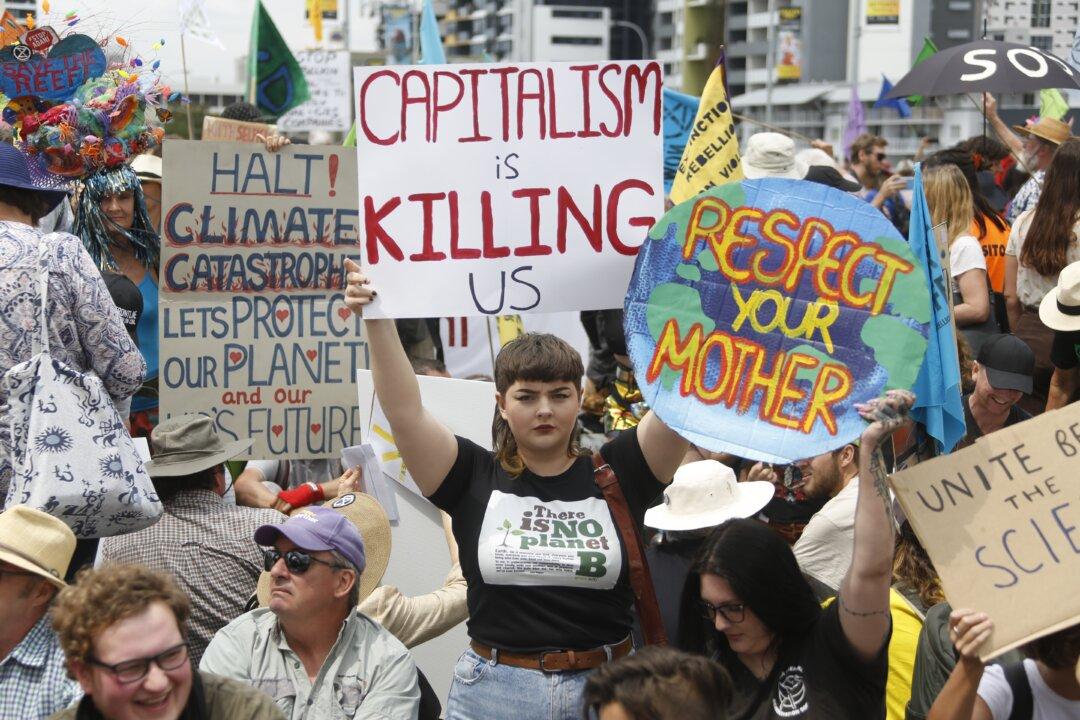Commentary
There is a common view that free-market capitalism systematically perpetuates short-sightedness. The dog-eat-dog selection pressures of the free market force capitalist enterprises to focus on next quarter’s profit margins at the expense of any long-term vision of a better future, so the argument goes.

